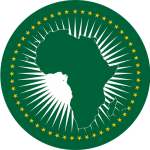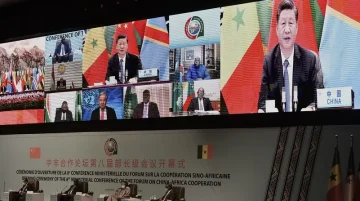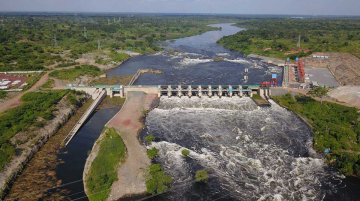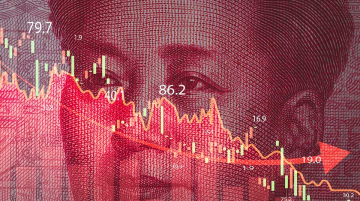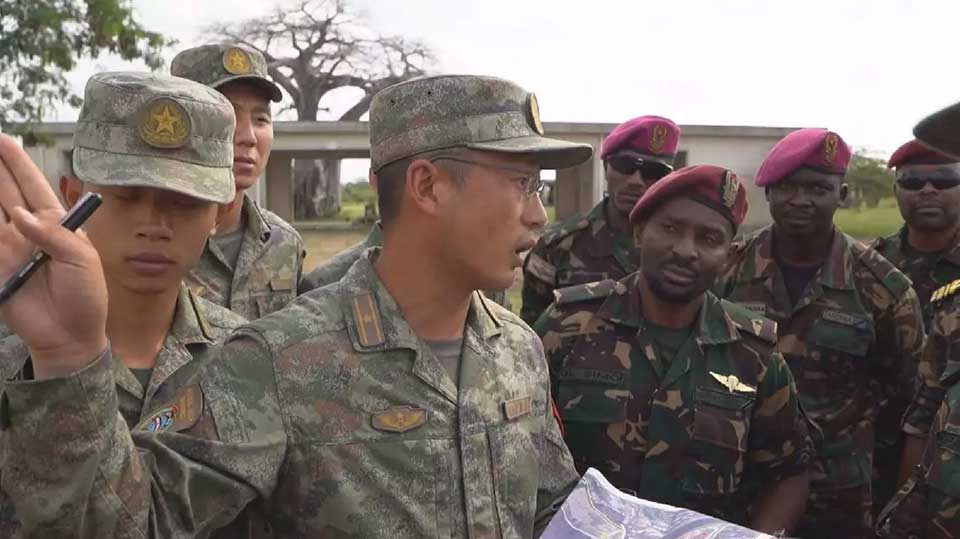
By Lukas Fiala
With the next Forum on China-Africa Cooperation (FOCAC) only a few short weeks away, we’ve all been busy reading the tea leaves of what the summit might mean for the increasingly complex and multifaceted Africa-China relationship. One area I’ll be keeping a close eye on in the coming weeks is China’s evolving approaches to security cooperation in Africa.
Security was not always a key priority in FOCAC Action plans, reflecting China’s wider promotion of its “non-interference” principle and the fairly hands-off approach to economic cooperation during the early days of China’s “Going Out” strategy. However, the watershed moment of the Libyan civil war and China’s broader exposure to risk in intrastate conflicts in South Sudan and beyond led to the establishment of security cooperation as one key pillar of the FOCAC framework in 2012.
Since then, Action Plans have regularly featured extensive references to security assistance and military cooperation between China and Africa. As China became a more confident diplomatic actor, Beijing also signaled more appetite for proactive crisis diplomacy. Recent examples include China’s envoy Xue Bing’s involvement in the Horn of Africa peace processes.
While I have in the past criticized the efficacy of China’s approach and pointed to the necessity of bundling crisis diplomacy with more concrete measures such as debt relief, it can be argued that each FOCAC Action Plan since 2012 has slightly expanded the remit of security, military and defense cooperation. The Plan in 2018, for instance, explicitly referenced “defense” – not just security – cooperation for the first time. In 2021, the Action Plan committed both sides to host the China-Africa Peace and Security forum once more, demonstrating Beijing’s desire to establish alternative diplomatic fora outside the African Peace and Security Architecture.
This time around, however, we might need to take a closer look to understand both sides’ key priorities. The first pointer will be the inclusion of China’s Global Security Initiative (GSI) and related rhetoric in the Action Plan. The GSI has grown to become China’s shorthand for a Communist Party-style approach to security cooperation. It codifies norms such as sovereignty and non-interference – key pillars of China’s diplomatic rhetoric – and advances a vague set of ideas that might – with a healthy dose of imagination – one day amount to a vision of a post-Western paradigm for security cooperation across the Global South.
Given the GSI is generally promoted by China’s Ministry of Foreign Affairs (MOFA), it might support the idea that China’s Ministry of Defense may have been demoted in China’s overall diplomatic framework. This is because Wang Yi – the chief party official in charge of foreign affairs and a Politburo member – has simultaneously taken on his previous job as China’s Foreign Minister after his successor, Qin Gang, disappeared from public view last year. Meanwhile, China’s new Defense Minister, Dong Jun, is neither a member of the powerful Central Military Commission nor a State Councillor, suggesting weaker connections to the upper echelons of the Party leadership. All this could point towards a more active role for the MOFA in advancing China’s security cooperation agenda in Africa and beyond through the GSI.
At the same time, however, FOCAC may also offer hints regarding Beijing’s willingness to take on a more proactive security role. While China has been keen to project the image of a major power with global reach with recent diplomacy in the Gaza crisis, Beijing has shown less obvious interest in helping end the recent clashes in Sudan.
Finally, the U.S.-China relationship has since the last FOCAC deteriorated to one of its worst levels since the Cold War. How FOCAC will promote the GSI may thus offer some insight into what role both Africa and China assign to security cooperation in the context of growing geopolitical competition.
With General Secretary Xi Jinping’s schedule likely occupied with China’s challenging domestic and international environment, it remains to be seen whether FOCAC will continue to strengthen China’s role in the continent’s security landscape.
Lukas Fiala is the project head of China Foresight at LSEIDEAS.

